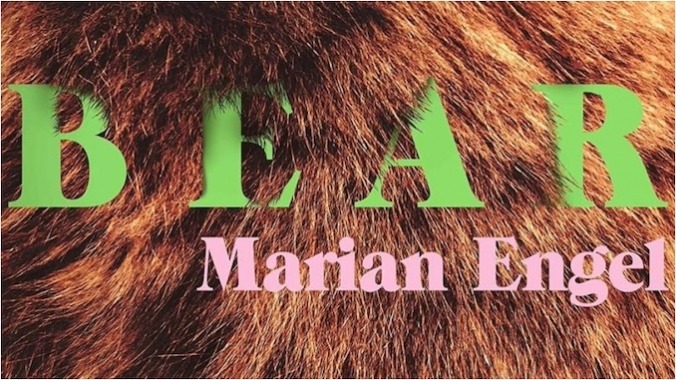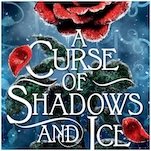Are You Team Bear? This Novel Was Ahead of the Curve

It’s an intriguing quandary. Would you, a single woman, rather be left alone in the woods with a man you don’t know or a wild bear? Social media has been afire with this question in recent months. Surely you would pick the human, right? Well, that hasn’t been the case. A hell of a lot of women have been eager to admit that they’d choose the bear. Statistically speaking, it makes sense. Women are far more likely to be hurt by the man than the beast. According to Femicide Census, “men’s violence against women is a leading cause of premature death for women globally.” The bear will probably leave you alone as long as you stay out of their turf. The guy? Who wants to take that risk?
Many women have had fun with this hypothetical, mocking outraged men’s responses and sharing some of the cuter bears in pop culture, from Baloo in Disney’s The Jungle Book to the ursine hunk of Pamela Ribon’s comic My Boyfriend is a Bear. They’re not considered especially romantic figures (unless you count your Valentine’s Day teddies), but their primal appeal in the vast realms of nature is no mystery. Nearly 50 years ago, however, one very nervy Canadian author decided to explore the liminal space between humans and the wild with a bear at its center. And yes, a woman does f**k that bear.
-

-

-

-

-

-

-

-

-

-

-

-

-

-

-

-

-

-

-

-

-

-

-

-

-

-

-

-

-

-

-

-

-

-

-

-

-

-

-

-








































